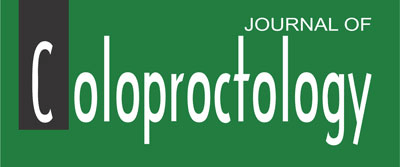BACKGROUND:
Human bone marrow transplantation (BMT) becomes an accepted treatment of leukemia, aplastic anemia, immunodeficiency syndromes, and hematologic malignancies. Colorectal surgeons must know how to determine and manage the main colonic complications.
OBJECTIVE:
To review the clinical features, clinical and pathological staging of graft vs host disease (GVHD), and treatment of patients suffering with colonic complications of human bone marrow transplantation.
PATIENTS AND METHODS:
We have reviewed the records of all patients that received an allogeneic bone marrow transplant and were evaluated at our Colon and Rectal Surgery department due to gastrointestinal symptoms, between January 2007 and January 2012. The study was carried out in patients who developed colonic complications, all of them with clinical, histopathological or laboratory diagnosis.
RESULTS:
The study group was constituted by 77 patients, 43 male and 34 female patients. We identified colonic complications in 30 patients (38.9%); five patients developed intestinal toxicity due to pretransplant chemotherapy (6.4%); graft vs. host disease was present in 16 patients (20%); 13 patients (16.8%) developed acute colonic GVHD, and 3 (3.8%) chronic GVHD. Infection was identified in 9 patients (11.6%).
CONCLUSIONS:
The three principal colonic complications are the chemotherapy toxicity, GVHD, and superinfection; the onset of symptoms could help to suspect the type of complication (0-20 day chemotherapy toxicity, 20 and more GVHD), and infection could appear in any time of transplantation.
Colonic complications; Human bone marrow transplantation; Superinfection








